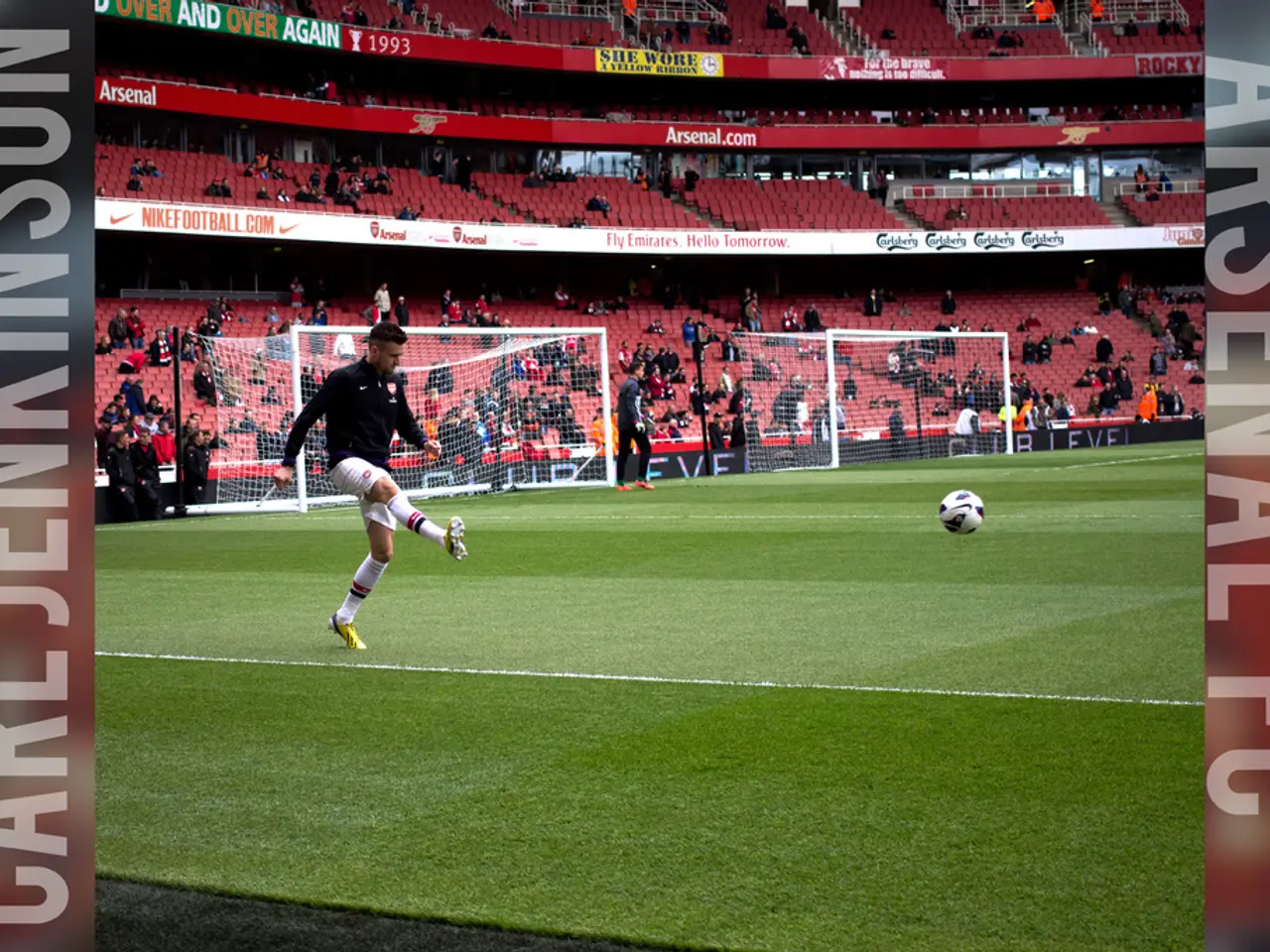Attempts to bypass sanctions imposed on Russia will be made illegal in Romania, according to the country's minister.
EU Expands Sanctions Against Russia, Romania Enacts New Measures
The European Union (EU) has taken a significant step in its ongoing sanctions against Russia with the adoption of the 18th sanctions package, which includes a ban on 444 Russian vessels from port access and a cap on the price per barrel of oil. This package also targets the Russian military-industrial complex, energy exports, and entities supporting Russia's war efforts.
One of the key focuses of this new package is addressing the issue of sanctions circumvention via third countries, particularly through a "shadow fleet" circumventing the oil price cap mechanism. Romania, along with 17 other EU member states, has yet to transpose the EU Directive (EU) 2024/1226 into national law, which criminalizes the circumvention of EU sanctions, including those on Russia.
In response to this, Romania has announced new measures aimed at preventing sanctions circumvention through intermediaries, especially at the fleet level. The draft law in Romania specifically targets individuals and companies trying to bypass the sanctions system. Once enacted, it is expected to criminalize the act of circumventing EU sanctions on Russia, including smuggling banned goods via third countries or using deceptive trade and financial practices to bypass sanctions.
Romania's foreign minister, Oana Ţoiu, announced these new sanctions on Euronews Romania on July 24. She stated that this time, efforts will be made to prevent sanctions circumvention through intermediaries. The new measure in Romania is an additional layer of enforcement against sanctions circumvention, specifically focusing on intermediaries.
The EU has extended its sanctions package to intermediaries who help certain Russian companies bypass previous sanctions. The new EU sanctions package, which includes the list of 14 individuals and 41 entities responsible for actions undermining or threatening Ukraine's territorial integrity, sovereignty, and independence, now has a total number of individual listings over 2,500.
Romania will adopt a legislative act to criminalize companies and individuals who attempt to circumvent the sanctions imposed on Russia at the European level. The new measure in Romania is a further step in the 18th EU sanctions package aimed at countering a Russian "shadow fleet" circumventing the oil price cap mechanism. It is also a part of a broader effort to enforce sanctions against Russia and its associates.
The new EU sanctions package is the 18th such package adopted at the level of the European Union, reflecting the ongoing commitment of the EU to counter Russian aggression and support Ukraine. The EU's sanctions framework continues to evolve and adapt to new challenges, with the aim of effectively enforcing sanctions and deterring sanctions circumvention.
- The new measures enacted by Romania could contribute significantly to the broader European Union (EU) efforts in enforcing sanctions against Russia, as they aim to criminalize attempts to circumvent the sanctions system, particularly at the fleet level.
- As the EU expands its sanctions against Russia with the 18th sanctions package, the focus on addressing sanctions circumvention via third countries is becoming increasingly important, with Romania's new measures specifically targeting intermediaries to prevent the evasion of EU sanctions.








